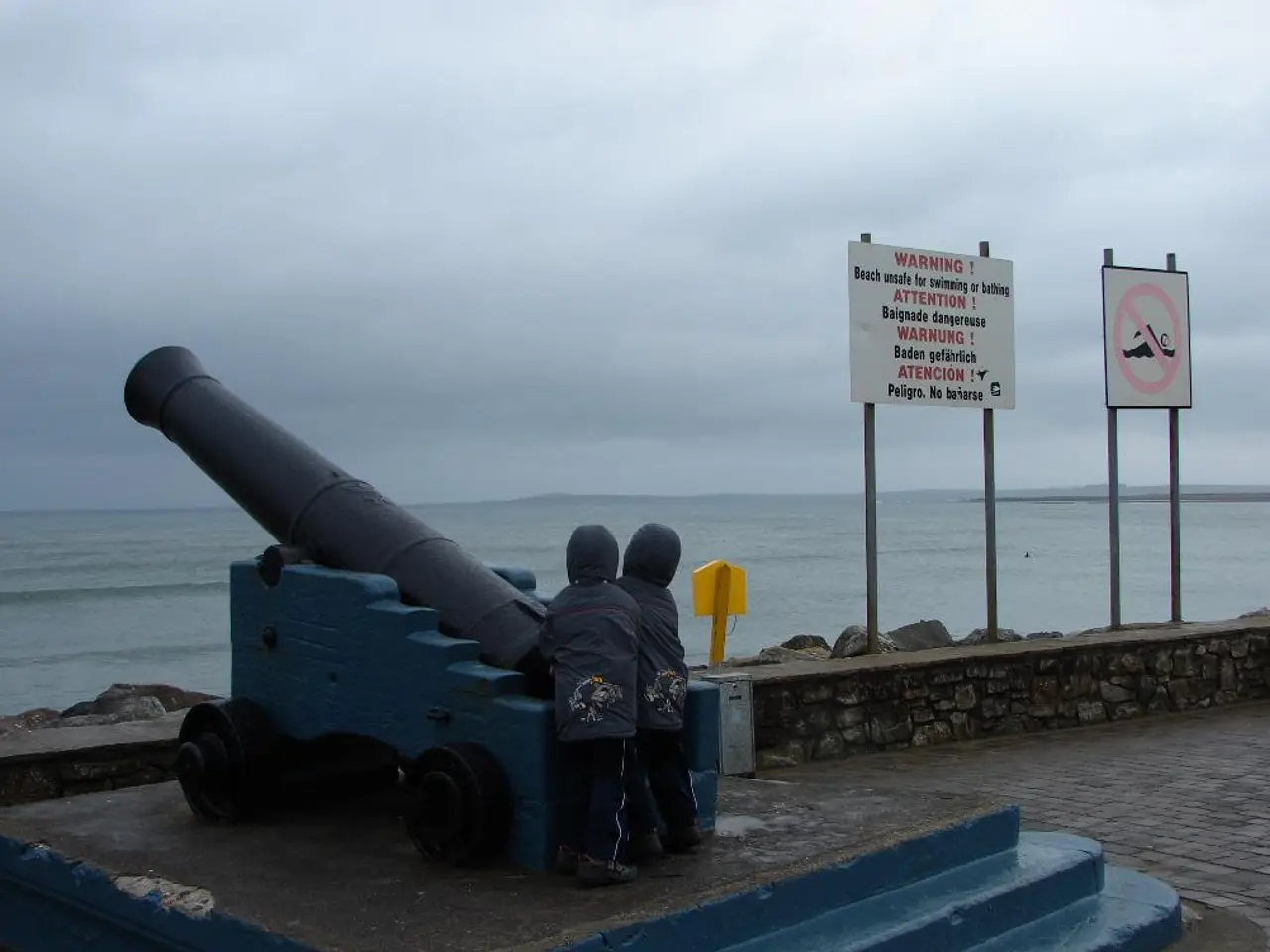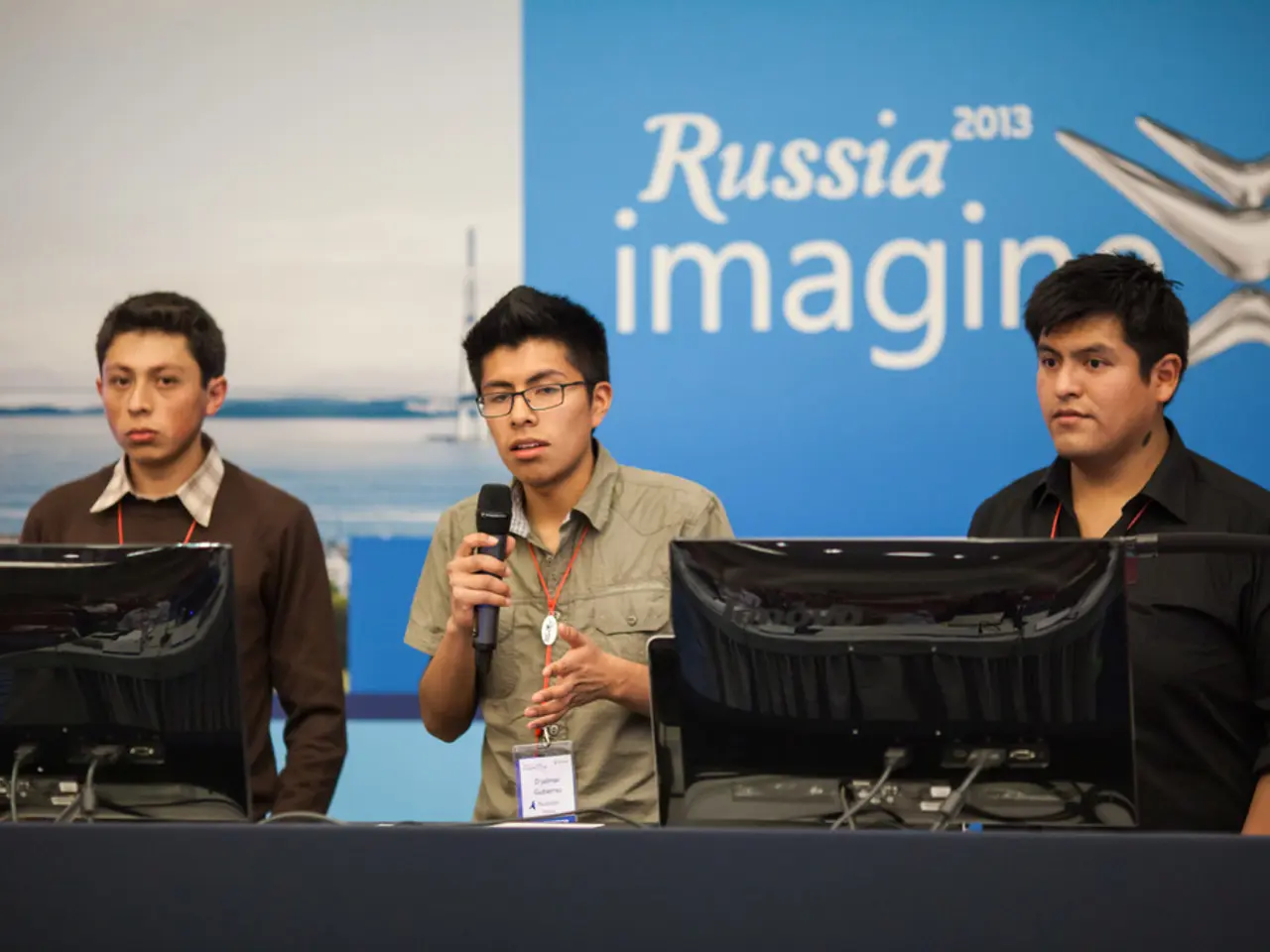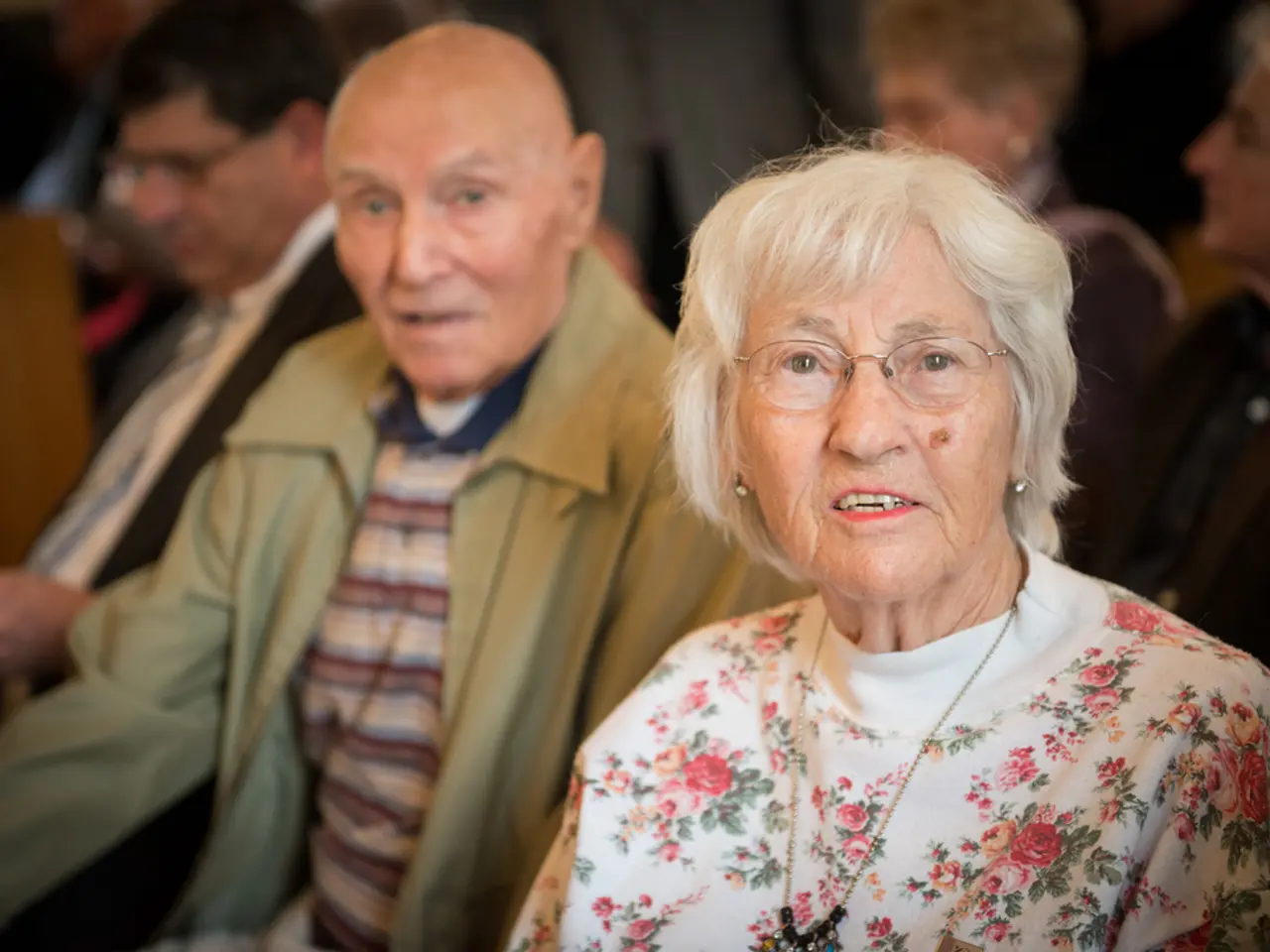Elderly Man Accused of Homicide: 90-year-old individual apprehended over suspicion of murdering his 86-year-old spouse in Laviana, Asturias.
In a concerning development, there has been an observed increase in machista murders, or gender-based killings of women, across Latin America, with summer months seeing a particular spike. This trend is driven by deep-rooted societal machismo and gender biases.
According to recent data, countries like El Salvador, Honduras, and Guatemala report some of the highest femicide rates globally. For instance, El Salvador records 6.8 femicides per 100,000 women, followed by Honduras (5.1) and Guatemala (4.5), figures that indicate a persistent and severe problem.
In 2020 alone, at least 4,640 women were victims of femicide in 23 Latin American countries, signalling a significant ongoing crisis. While specific 2025 summer figures are yet to be compiled, experts warn that rates tend to spike seasonally due to various social dynamics.
The issue isn't limited to Latin America. In the United States, intimate partner homicides involving firearms have increased since 2014, with firearms being the primary weapon in 70% of such deaths. This trend is linked to domestic violence and machismo culture.
The rise in machista murders can be attributed to several factors. Cultural machismo and entrenched gender biases perpetuate violence against women, with societal acceptance or normalization of male dominance and control over women being central drivers of femicides. Access to firearms escalates the lethality of domestic violence, particularly in countries with high gun ownership rates. Economic and social stressors, such as increased mental health issues and socio-economic disparities, also exacerbate violence risks during certain periods.
Moreover, gender bias and political participation studies suggest that machismo norms not only harm women but reduce female civic engagement, creating environments where gender violence is less challenged.
This crisis remains a critical human rights and public health challenge demanding urgent, multifaceted interventions. Addressing this requires integrated strategies targeting cultural change, stricter firearm control, improved legal enforcement, and enhanced support for mental health and victim protection.
Locally, Asturias, Spain, has also seen a worrying trend. In 2025, there have been reported cases of machista violence, with Karilenia, 39, and Susana, 49, being the first and second victims, respectively. The circumstances surrounding these tragic events are under investigation by the Delegation of the Government against Gender Violence.
It is crucial for everyone to play a role in combating gender-based violence. In an emergency situation, you can call 112 or the telephone numbers of the National Police (091) and the Civil Guard (062). For non-emergency assistance, you can use the ALERTCOPS application, call 016, or contact the email [email protected]. Minors can reach out to the ANAR Foundation's telephone number 900 20 20 10.
This article serves as a call to action, urging everyone to take a stand against machista murders and support the victims of gender-based violence. Together, we can help create safer and more equitable societies for all.
The average number of reported femicides per year in certain countries, such as El Salvador, Honduras, and Guatemala, exceeds the global average, suggesting a severe and persisting problem. In addition, political participation studies indicate that machismo norms hinder not only women's safety but also their involvement in civic engagement.








